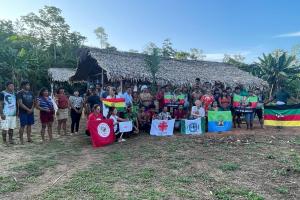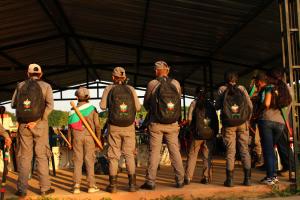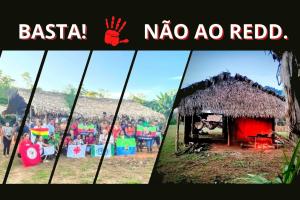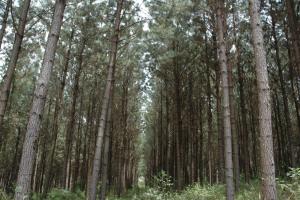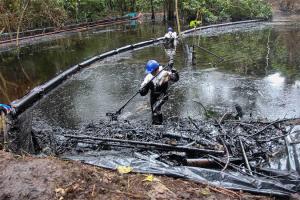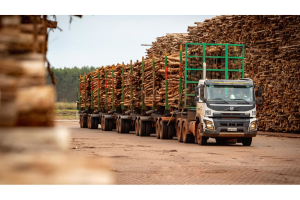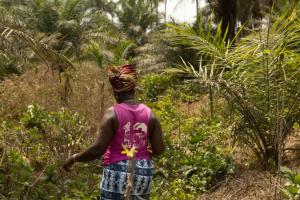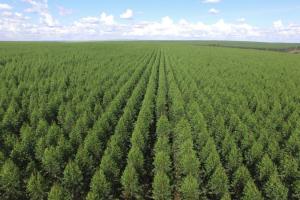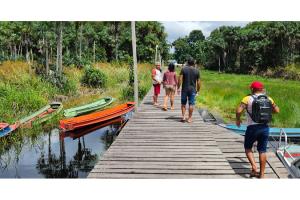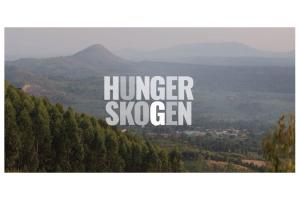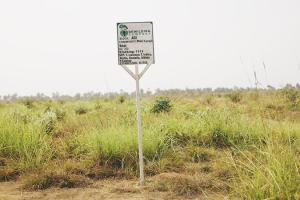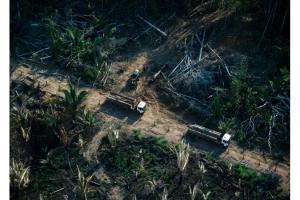Carbon offsetting and REDD
Reducing Emissions from Deforestation and Degradation (REDD+) has become the dominant international forest policy. Variations of REDD+ include Nature-Based Solutions and corporate pledges to achieve Zero Net Deforestation. In reality, though, deforestation continues, polluting companies use REDD+ offsets to avoid reducing their fossil fuel emissions, and zero-net deforestation pledges allow forests to be cleared in one area as long as an “equivalent” area is restored elsewhere.
Bulletin articles
22 August 2024
This bulletin highlight several cases where the expansion of carbon projects has become an integral part of the extractivist model. Since this model has been destroying territories and people’s livelihoods for a long time, we share articles on both old and new forms of extractivism, and how communities continue to carry on struggles to resist them.
Bulletin articles
22 August 2024
Colombia's Orinoquía region stretches from the foothills of the country's eastern mountain range to the Venezuelan border. This region has historically been associated with the exploitation of rubber, timber, furs and other so-called “natural resources,” to the detriment of ancestral communities. Today, new threats are emerging under the paradigm of conservation, green energy and carbon projects.
Action alerts
30 July 2024
Indigenous, peasant, traditional and Afro-descendent peoples from the Amazon region and Central America call organizations and social movements all over the world to endorse this declaration rejecting carbon projects in their territories.
Bulletin articles
28 June 2024
A new round of initiatives to plant tree plantation to provide carbon offsets is currently being proposed. Aside from the absurd notion—endorsed by the UN and various national governments—that tree plantations can offset the (climate) damage caused by burning fossil carbon, these initiatives have destroyed people's livelihoods and co-opted vast areas of community land.
Bulletin articles
28 June 2024
Forest conservation and tree planting initiatives to provide carbon offsets are two of the corporate sector's favourite ways to greenwash their image and keep doing business as usual. These initiatives have features that make them very attractive to investors, for example the easiness with which project arguments and calculations can be manipulated. Therefore, it is no surprise that scandals have come to light—which has affected the kinds of projects being developed.
Bulletin articles
28 June 2024
How many tree plantations are there, and how big are they? In what regions and countries are they located? What are the differences among the various "players" who are directly involved in implementing tree plantations for the carbon market? This article presents figures and information seeking to answer these and other questions.
Bulletin articles
27 June 2024
Behind every tree plantation developed for carbon offsets, there are external agents seeking to profit from increased control over the land. And while they all have the same colonial approach, these plantations can vary widely: they can be large-scale monocultures or schemes with smallholder farmers; they can include exotic species or native species; and some of them may even exist on paper only.
Bulletin articles
27 June 2024
Several initiatives have done their part in promoting tree plantations for carbon offsets. Regardless of whether these initiatives are led by the corporate sector, NGOs, national governments, or oil companies, polluting corporations benefit from the diversion of attention away from the need to curb fossil fuel emissions.
Other information
27 June 2024
The podcast “Faroeste carbono” tells the story of how Carbonext, one of the largest carbon offset companies in Brazil, convinced quilombola communities in the state of Para in the Brazilian Amazon to sign a contract that restricts their autonomy and food production.
Other information
27 June 2024
An investigation shows that While companies like the Swedish fast food chain Max Burgers AB sells ‘carbon neutral’ burgers, a carbon offset project in Uganda is pushing families into hunger.
Other information
27 June 2024
A report documents how a tree planting carbon project in Port Loko, Sierra Leone is violating the country’s community rights laws and risks locking families into 50-year contracts. The British oil company BP has already paid USD 2.5 million to Carbon Done Right, one of the companies behind this tree plantation and carbon offset project.
Other information
27 June 2024
An investigation exposed how carbon credits from three of the largest carbon offset projects in the Brazilian Amazon are linked to a criminal operation.
